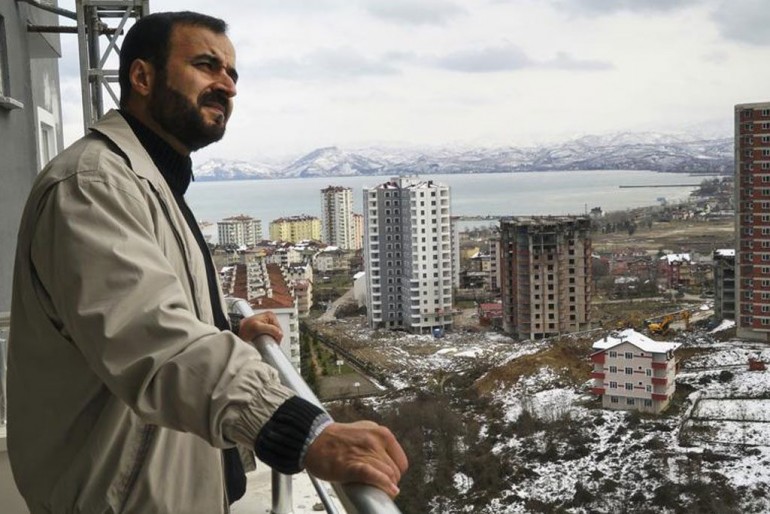Sponsored Listings:
Suleiman Herwis walked around his brand new apartment amid a thick smell of paint and polish, checking its cupboards, the furniture and views from a balcony overlooking the Black Sea coastal town of Fatsa.
The Saudi Arabia-based physician says he is looking forward to vacations in this remote but more conservative part of Turkey, an area largely bypassed by Western tourists.
“It is more family-oriented here. For my culture, my background, this is more convenient,” said the Libyan-born, 50-year-old from Riyadh, who was visiting his three-bedroom, fully furnished apartment for the first time.
“The north (of Turkey) seems to be more conservative and (better) catering for family activities,” he said.
Turkey’s tourism industry suffered last year as Westerners stayed away because of violent attacks, a failed coup attempt at the height of the season, and the conflict raging across the border in Syria. The country now increasingly pins its hopes on visitors from the Middle Eastern countries.
According to data released by the Turkish Statistical Institute, tourism revenue in 2016 amounted to $22.1 billion — down nearly 30 percent from 2015.
While the number of German visitors, for example, was down by some 30 percent in 2016, tourists from Bahrain rose by 28 percent, 25 percent from Jordan and 17 percent from Saudi Arabia.
At least four projects to lure visitors from the Gulf region and Arab nations are underway along Turkey’s more traditional and conservative Black Sea coastline, where — unlike Turkey’s more popular Mediterranean and Aegean coasts — residents and visitors opt for full body covering swimsuits and where bars selling alcohol are few and far between.
Herwis’ flat in Fatsa is part of a time-share residential community, partly still under construction. The builder says most of his clients are from the Gulf states and other Middle Eastern countries.
In nearby town of Ayvacik, in Samsun province, a tract of land atop a hill overlooking a lake awaits zoning for a planned Arab village.
The head of the local tourism association says more hotels and tourist complexes aimed at Arabs are being built in the area.
“Arabs … like to have the same tradition (as they have at home). This is what they find here, in the Black Sea,” said Ahmed Saed Omar Marta, a tourism adviser in Fatsa, who also owns a tourism agency.
Hopes for a better year in 2017 were quickly dashed in the early hours of the New Year with an attack, claimed by the Islamic State group, that killed 39 people — most of them visitors from the Middle East.
Turkey is also hoping for a return of Russian tourists, who steered clear last year following tense relations after Turkey shot down a Russian warplane in 2015.
President Recep Tayyip Erdogan has called on ethnic Turks living abroad to spend holidays, hold weddings and big celebrations back in the homeland — and to bring their European friends and neighbors with them.
“Turkey is the country with the best seas, the best mountains, the best rivers, the best lands, the best trees, the best sun, the best food and fruits, the warmest and most heartfelt smiles and of the best times to be had on earth,” he said in an impassioned speech.
Prime Minister Binali Yildirim, addressing a tourism forum in Istanbul, said Turkey wasn’t any less safe than European countries and urged people to visit.
“To be afraid of terrorism to spread fear through terror only benefits terrorism,” Yildirim said. “That is why I say with pride, Turkey is as safe as the United States. Istanbul is as safe as Europe or Paris.”
Associated Press writers Suzan Fraser in Ankara and Ayse Wieting in Istanbul contributed.
Source: skift.com










